It is a common myth that birds give milk, but no species of bird actually does. The myth may also have been influenced by the fact that many birds produce crop milk, a secretion from their crops used to feed their young.
Crop milk is produced by some species of pigeons and doves. It is a nutritive liquid secreted by cells lining the crop of parent birds for feeding their nestlings. It is regurgitated by the parent bird and fed to its young through the bill.
Male emperor penguins take turns incubating the eggs that their mates lay in the winter. The females return to sea to eat, and leave the males with the responsibility of keeping the eggs warm until they hatch. This means that for about two months, the males have no access to food and have to live off their stored fat.
To keep themselves warm, they huddle together in groups called “rookeries.” They rotate in and out of the center of these groups so that every bird gets a chance to rest and stay warm.
During this time, they allow their metabolic rate to slow down so they can conserve energy. Although they don’t eat anything during this time, they can still produce a nutrient-rich substance called crop milk that is used by both male and female emperor penguins as a food source for their young.
Do Penguins Give Milk?
Penguins do not give milk. Penguins do not have mammary glands and are therefore unable to produce milk. Their young are cared for with regurgitated food from their parents.
Penguins are found in the southern hemisphere. This includes South America, Africa, Australia, New Zealand and Antarctica. Penguins are birds, so they do not have nipples or mammary glands. They don’t give milk, but they do feed their babies by regurgitating food from their stomachs.
Penguins can swim as fast as 25 miles per hour. They have waterproof feathers and a layer of fat called blubber to keep them warm.
Do Pigeons Drink Milk?
The answer to this question is no. Pigeons are not mammals, they are birds and they do not produce milk like mammals do. Birds do not have nipples that would help them feed their offspring with milk either. Baby pigeons, also known as squabs, are fed by their parents through regurgitation.
Pigeons can drink water though and need to in order to survive. They cannot produce their own water so they need to get it from somewhere else. That could be from rainwater or from puddles of water that remain after a rainy day. They can also be provided with fresh water for drinking by humans who take care of them or want to raise them as pets. Some pigeons living on farms will drink cow’s milk if it is left out for them but not because they need it but because it is an easy source of food for them.
Do Bats Produce Milk for Their Babies?
The short answer is yes. There are three species of bats that feed their young with milk. The greater and lesser horseshoe bats, Rhinolophus ferrumequinum and R. hipposideros, are found in Eurasia, and the Mexican long-nosed bat, Leptonycteris nivalis, lives in North and South America. The bats have been known to produce milk for some time, but it was only recently that scientists have figured out why this is such an unusual phenomenon.
The very rare bat species, which is called the Indian flying fox, does produce milk for its young in a similar way to humans. The only difference is that the mother bat can only produce milk when her baby is feeding.
Bats are flying mammals with wings formed by a thin membrane of skin stretched over their elongated fingers and toes. There are more than 1,300 species of bats, making them the largest group of mammals after rodents. They can be found on all continents except for Antarctica.
Can You Feed Stored Milk to a Baby Bird?
If the bird is a baby, you can feed it milk. It’s just that simple.
If you’ve never raised baby birds before, or if you feel uncomfortable feeding them from the very beginning, then it is probably best to use hand-feeding formula. However, if you have experience with birds and are comfortable with the idea of offering milk to your new nestling or fledgling, then it is likely that you can use milk from a store. The bird will know what to do – after all, he was meant to be drinking milk from his mother.
If you want to give store-bought milk as a supplement, then whole milk is best. Milk sold in stores has been pasteurized and homogenized, so it will contain less fat and protein than raw milk. Therefore, cow’s milk may not be enough for the fledgling alone, whether it is a chickadee or a parrot. It can supplement his diet if he has access to other food sources like seeds or worms. If the bird must rely on cow’s milk alone (which could happen if he was found), however, then a powdered formula may be more appropriate.
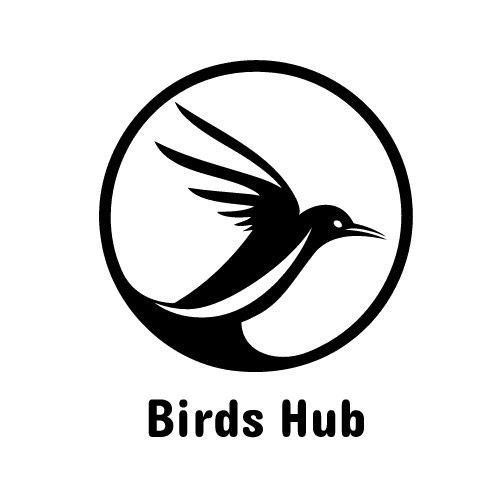
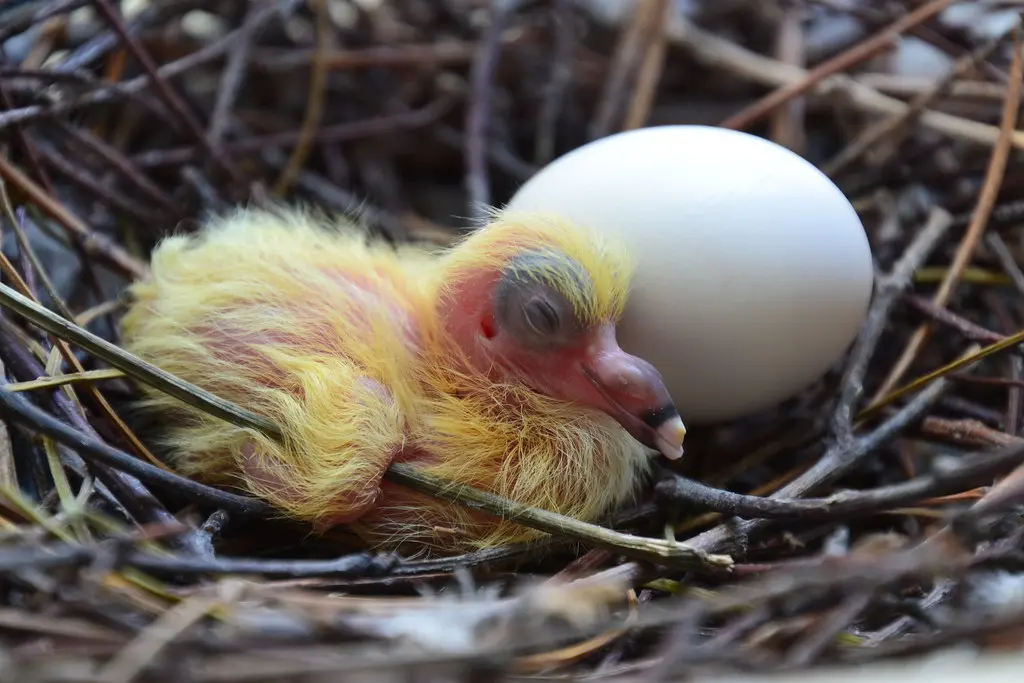
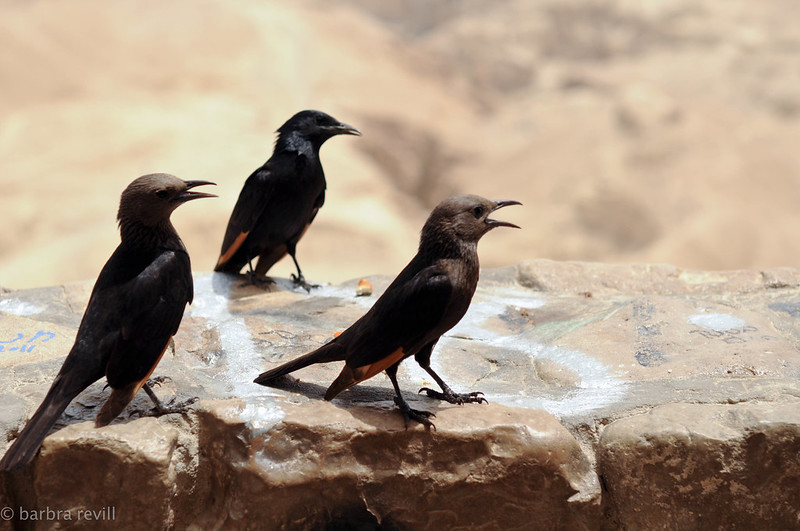
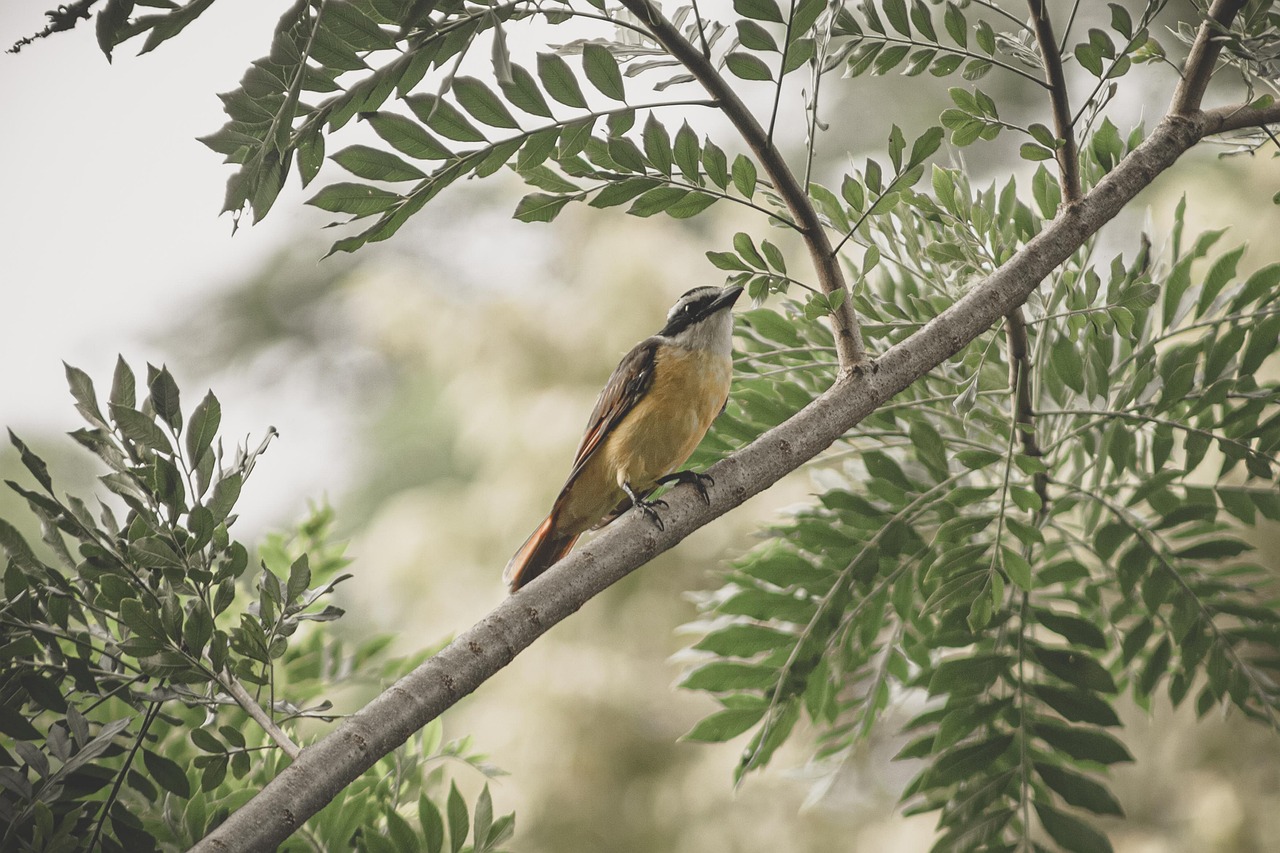
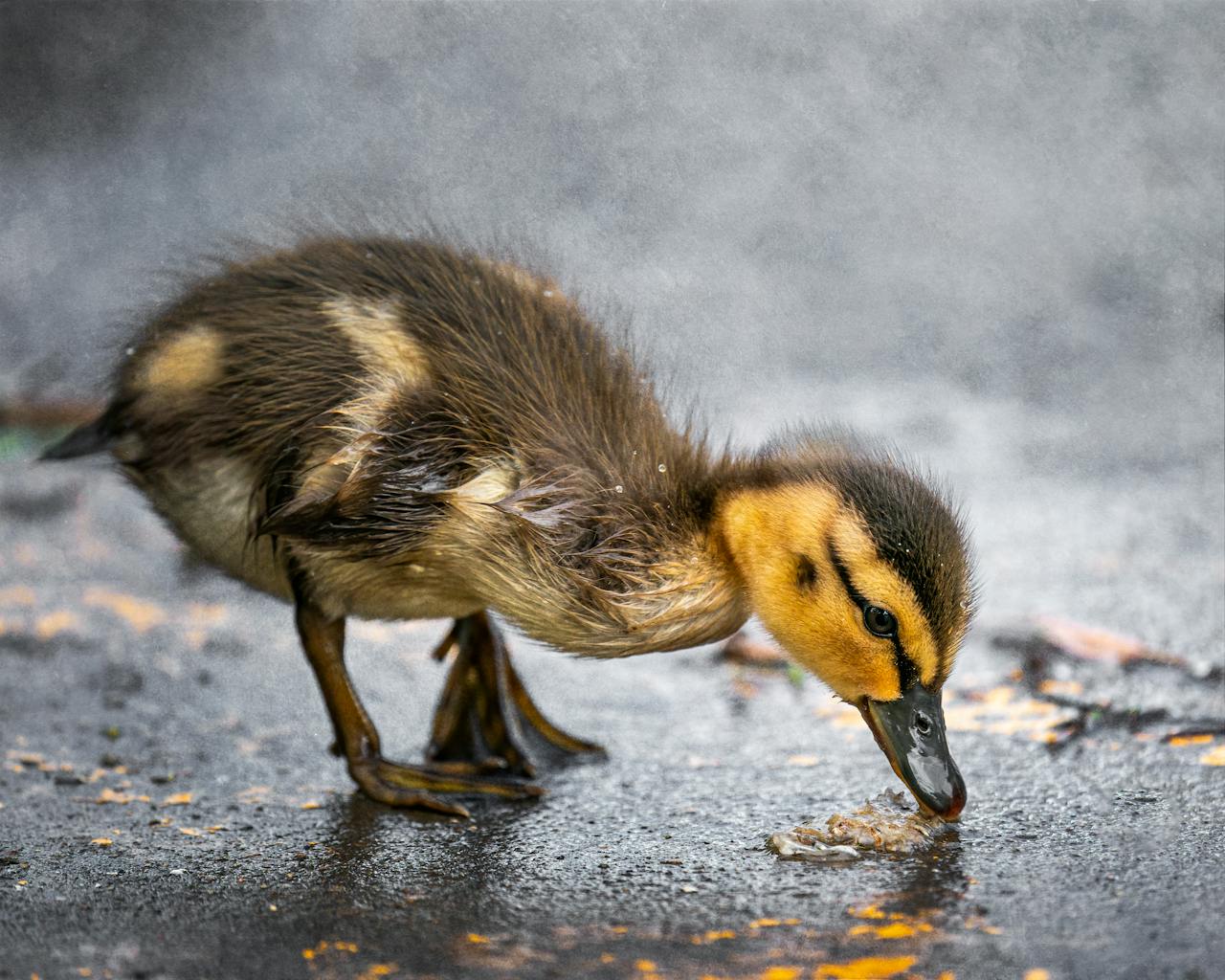
Leave a Reply